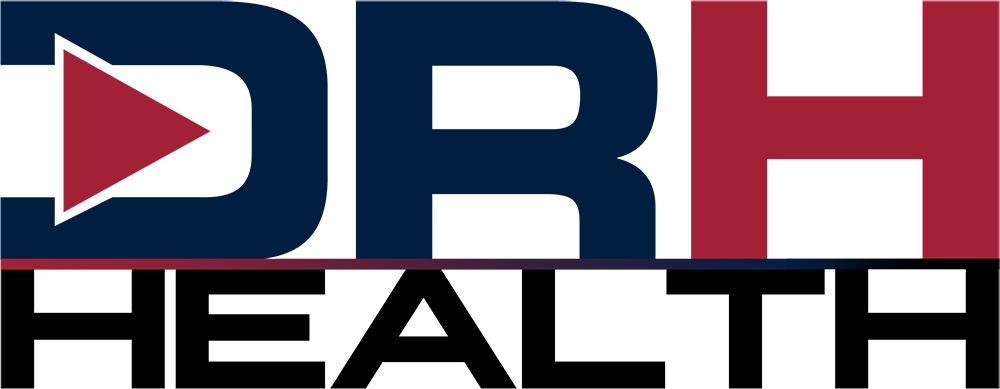October is Sudden Cardiac Arrest Month
Sudden Cardiac Arrest (SCA) is often compared to a heart attack, but the two are very different. A heart attack is when blood flow to the heart is blocked. Sudden cardiac arrest is when the heart malfunctions and stops beating unexpectedly. A heart attack is a “circulation” failure, while cardiac arrest is an “electrical” failure.
Sudden cardiac arrest can result from cardiac causes (abnormalities of the heart muscle or the heart’s electrical system), external causes (drowning, trauma, asphyxia, electrocution, drug overdose, blows to the chest), and other medical reasons such as inflammation of the heart muscle due to infection.
SCA is a leading cause of death in the United States, taking the lives of more than 350,000 people each year. Anyone can experience SCA, including infants, children, teens, young adults and people in their 30s and 40s who have no sign of heart disease, and more mature adults.
Warning signs of SCA
In many cases of SCA, warning signs and symptoms are present beforehand and should not be ignored:
- Racing heart rate or heart palpitations
- Dizziness or lightheadedness, especially with exercise
- Repeated unexplained fainting
- Fainting or seizures during or right after exercise
- Chest pain or excessive shortness of breath with exercise
- Family history of heart disease or abnormalities
Risk Factors for SCA
SCA can occur instantly, affecting people of all ages, no matter their heart condition. However, there are a few factors that could put you at an increased risk for SCA:
- If you’ve had a previous heart attack
- A family history of sudden death or critical heart conditions
- Abnormal heart rhythms or rapid heart rate
- Reoccurring episodes of fainting, shortness of breath, or chest pain
Steps to help someone in an SCA emergency
Time is everything when it comes to an SCA emergency. Here are some simple steps to take if ever faced with a potential SCA situation:
- Call 911
- Start CPR immediately
- Utilize an AED if available
Abbie McLemore, APRN-CNP
Ringling Family Care
